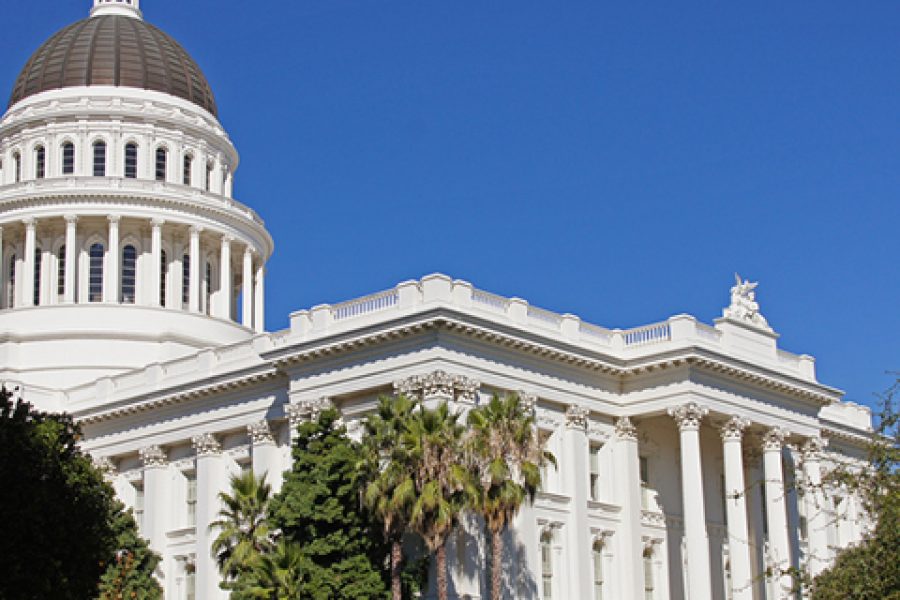Voters wary of the deluge of campaign advertising related to recall election be warned. The next multi-million-dollar ballot fight is just around the corner.
According to Politico, “major gambling players (including DraftKings, FanDuel and BetMGM) intend to ante up $100 million for an online sports betting initiative that would fund homelessness and mental health efforts.”
The online wagering measure would compete against another initiative that has qualified for the November 2022 ballot promoted by tribal casinos and racetracks. It would “allow sports betting only “in person at tribal gaming casinos and state-licensed racetracks and only by people 21 and over,” according to the Los Angeles Times.
Not to be outdone, there’s a third measure looming. The Times reports “card rooms have spent $450,000 so far to pass a rival proposition giving them a slice” of the sports betting pie.
The California sports wagering fight involves big-moneyed interests and the potential for a huge payoff both for the winners and government coffers. A Eilers and Krejcik Gaming study projects that the more than $1 billion in sports gaming revenue generated nationwide in 2020 could grow sixfold by 2023. If all 50 states legalized sports betting, revenue would be more than $19 billion a year.
California has been missing out on big business – and tax revenue – since a 2018 Supreme Court ruling effectively legalized sports betting in most states. Since the ruling, 20 states and the District of Columbia have greenlit some form of sports wagering – in person, online, or both, according to the National Conference of State Legislatures. Lawmakers and interest groups have debated various proposals in Sacramento since then, but no consensus has been reached.
The sports betting universe is heavily trending toward online betting. Turn on any sports telecast today, and virtually every major sports league has an online wagering partner. According to Gaming Today, “more than a dozen states and Washington, DC offered legal online sports betting at the halfway points of 2021 (and) even more states will join that list by the end of the year.”
In June, number one sports wagering state New Jersey took in $766 million in sports betting revenue, with $683 million coming from online wagering. The heavy skew toward online wagering was similar in all the top states, with traditional casino destination Nevada as an outlier. It was second overall with $545 million in revenue, but just 57.6 percent came online.
One important issue in the debate is how states should tax gambling revenue.
According to NCSL, “the tax rates states have imposed on sports betting vary widely . . . (with) most states (setting) tax rates between 5 to 20%.” Some states also generate revenue through licensing fees. In 2020, New Jersey generated $49 million in tax revenue from sports wagering, Nevada approximately $17.7 million, and Pennsylvania $38.6 million.
Urik Boesen of the nonpartisan Tax Foundation cautions that “the setting of tax rates should be carefully considered when states decided to legalize wagering, as setting rates too high could keep bettors in well-established untaxed markets.” He also notes that “due to their narrow base, they are not a sustainable source of revenue for general spending priorities.”
But that issue will likely be lost in California’s multi-million-dollar ballot fight over who will control the biggest share of the sports wagering pie. Whoever wins, state and local governments are already dreaming of how they’ll spend the tens of millions of dollars in new tax revenue that will likely be generated from sports wagering in California once the market opens.
Tim Anaya is the Pacific Research Institute’s senior director of communications and the Sacramento office.


